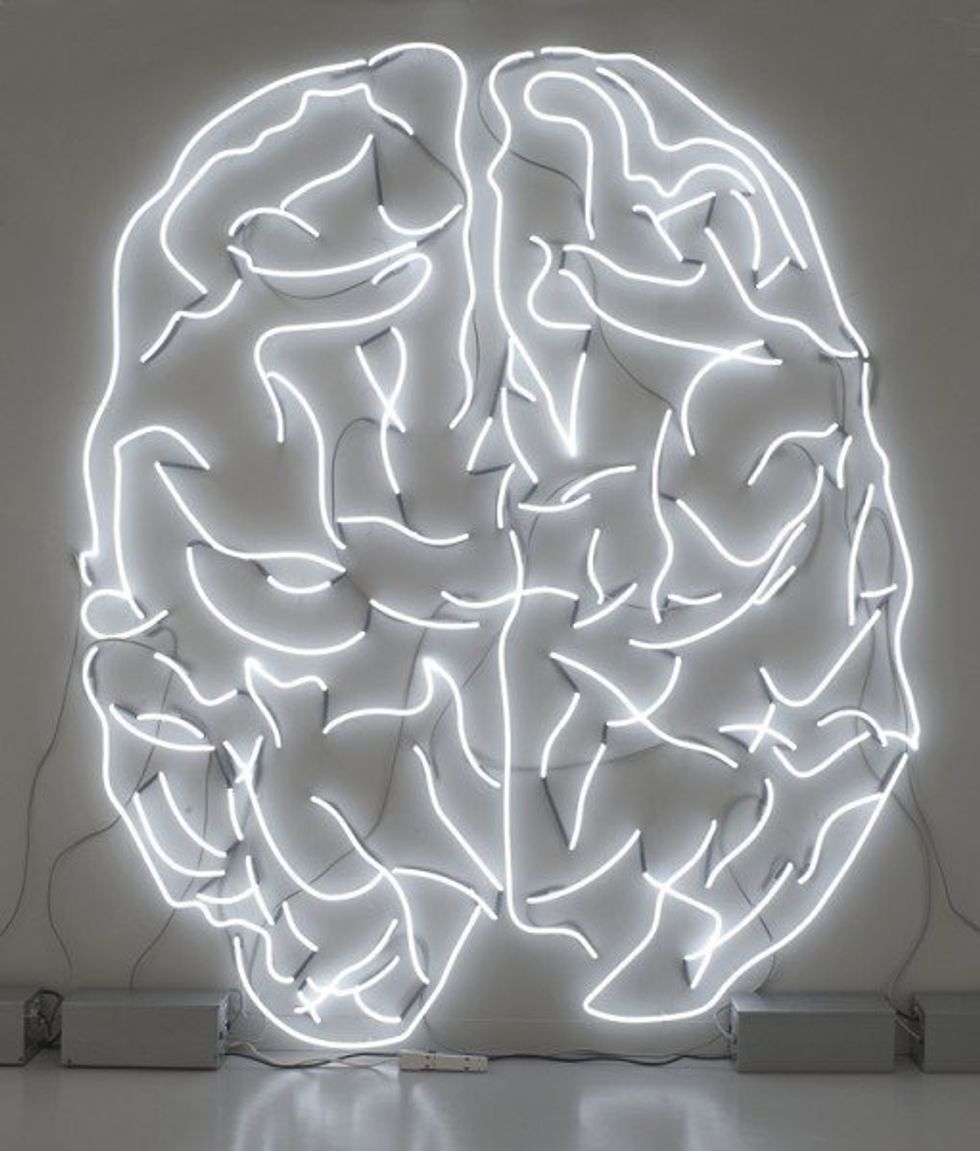One of the first things I hear when I tell people that I'm an English major is some form of disappointment. Whether they're lamenting about the money I won't make, or how I'm wasting my intelligence, or that I chose an easy major, they always have something to say about my decision. And I have this to say in return:
My major is not a cop-out. I did not choose this major because I thought it would be easy (spoiler alert: it isn't). I don't have a 4.0 because "anyone could if they majored in English," I have a 4.0 because I work myself to the bone every day and my grades reflect that. Do not belittle my intelligence because your studies have made you feel self-important.
People often tell me that I wouldn't have this 4.0 if I was majoring in their field. (This usually comes from a STEM student), and they're right. I wouldn't. Because that is not where my talents lie. They wouldn't have great grades in my major either, we have different strengths. Yours are not more important or valuable than mine because yours are in science and mine are in literature.
I wouldn't do well in a microbiology class, or calculus, this is true. But I'd really love to hear your analysis of Shakespeare's sonnets, or the importance of the use of frame narrative in "Frankenstein" (which, as I'm sure many an English major has pointed out, is the name of the scientist, not the monster. The monster's lack of name is important to the narrative). Or maybe you'd like to have a discussion with me about the interesting changes in the etymology of different words since the English language has changed over the centuries. If not, maybe you'd like to talk Romanticism, or how Jane Austen wrote men the way most writers at the time wrote women? No? I didn't think so. Maybe I won't need to know all of those things in whatever position I choose to hold in the future. But I have a better understanding of the world around me because of it.
And just because you could pull some google-searched analysis for your high school English class and get a good grade does not mean that you can get away with that in college. Your ideas have to be new, refreshing, and in-depth. Every single punctuation mark in a story matters, and you're going to have to spend a page of a paper stating your case.
Do not roll your eyes at me when I say I have a lot of homework to do. I understand that your labs must be difficult and draining. I am not saying that you don't also have a ton of work. The keyword there is also. English majors often have hundreds of pages of reading to do a night, coupled with in-depth analysis. Our exams are more likely to be essays rather than multiple choice, so we can't play the guessing game if we're clueless.
And no, I'm not worried about making money after college. You know what I can do with a degree in English? Whatever the hell I want. I could go into publishing and editing, I could become a speechwriter, a teacher, a playwright, I could go into journalism, and the list just keeps going. And if I'm one thing for a time and I decide that it isn't for me, no big deal. I can throw a dart at my choices and see where it lands. (Justin Trudeau is doing just fine with his BA in English, after all).
And in the end, I'm doing what I love. I will never regret my decision to be an English major because I love all of the work that I do. It can be exhausting, and sometimes I just really want Bukowski to shut up. But when I find something that shakes me to the core, I'm reminded why I'm doing what I do; because words have made me. Literature is a radical act of empathy. It allows a person to look into the lives of someone they would never have been able to understand. We so often live in a self-centered world where we forget that, as Shakespeare said, "What's past is prologue." This is evidenced by the amount of references to Orwell's "1984"after the November election. Books lead you into a realm of understanding you could never have otherwise. And I am so, so happy to be a part of that. No matter what anyone else may say.







 Photo by
Photo by 

 Photo by
Photo by  Photo by
Photo by  a group of people sitting around a table with laptopsPhoto by
a group of people sitting around a table with laptopsPhoto by  people on beach during daytimePhoto by
people on beach during daytimePhoto by  Photo by
Photo by 








